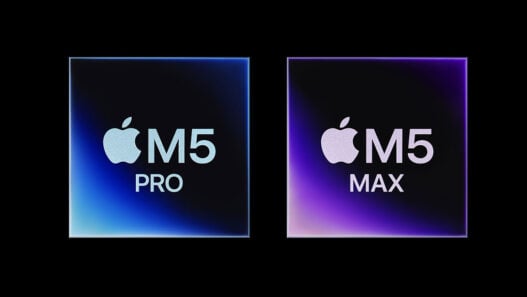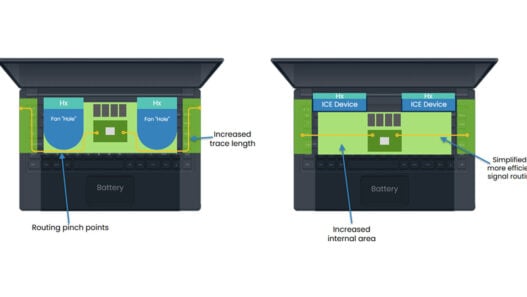“Saft’s contribution to the MEASAT-3a satellite strengthens our longstanding partnership with Orbital and reinforces Saft’s reputation as a trusted and reliable supplier for the space industry,” said Thomas Alcide, General Manager of Saft’s Special Battery Group.
“With the launch of MEASAT-3a, Saft Li-ion battery technology is now represented in a total of 33 spacecraft currently in orbit. This further adds to our growing heritage of Li-ion batteries in space.”
Saft’s rechargeable Li-ion batteries power the MEASAT-3a during two eclipse seasons per year when the spacecraft is blocked from the sun, resulting in significant energy and weight savings for the satellite. By substantially decreasing the weight, the MEASAT-3a can dedicate more of its crucial mass to the payload, creating a more powerful satellite. In addition to the MEASAT-3a, Saft has provided batteries for several Orbital-built satellites, including the Optus D3, which is scheduled to launch later this year, and both the Optus D1 and Optus D2 satellites that launched in 2006 and 2007, respectively. Saft also supplied its Li-ion technology for Orbital’s Horizons-2 and THOR 5 satellites, both launched in 2008. Orbital’s KOREASAT







